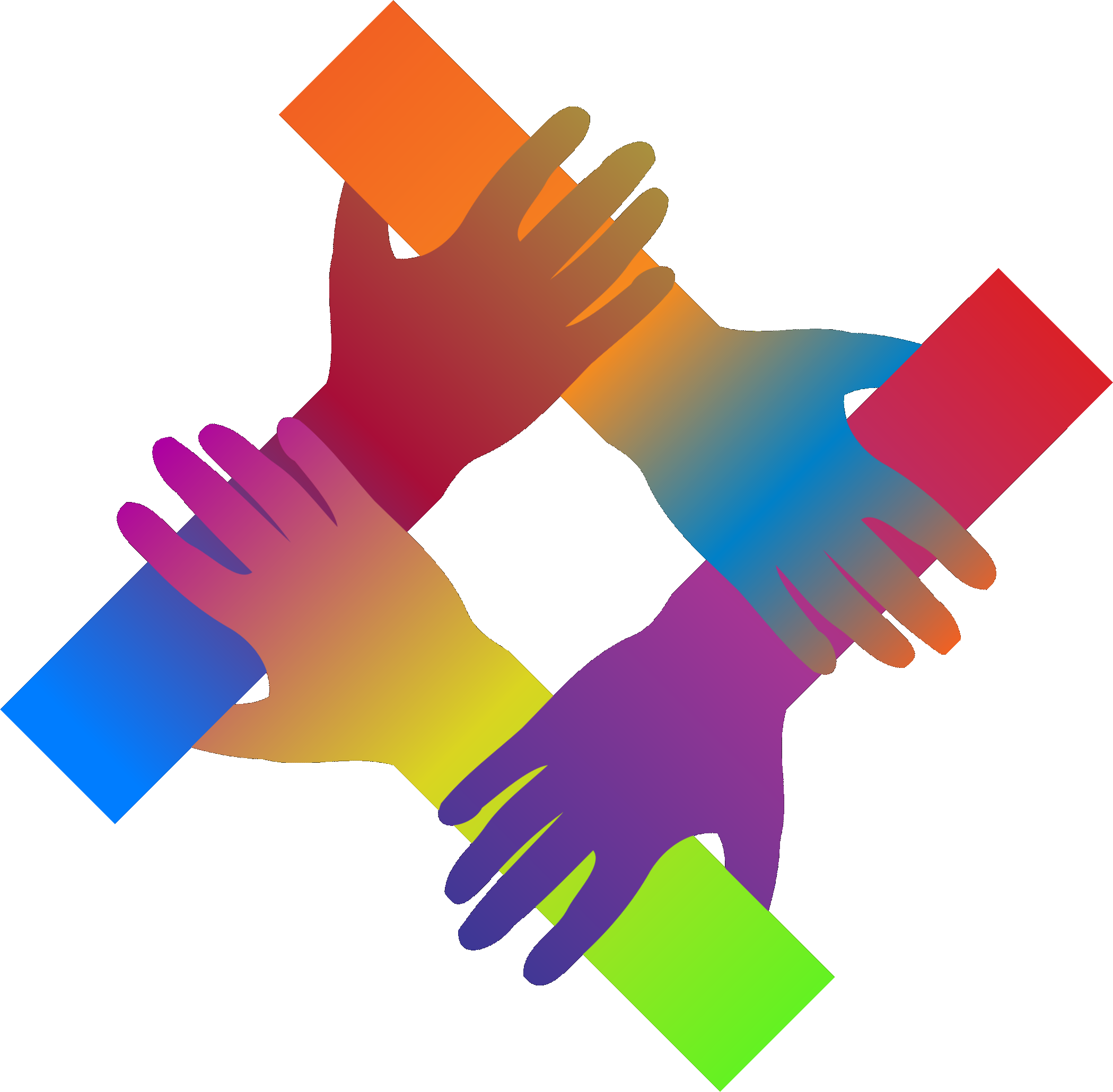Honouring Our Past
Like me, maybe you grew up in a family with all sorts of opinions and ideas about the world. It’s useful to have these teachings passed down to us. It can save us the pain of having to learn on our own bodies why we shouldn’t run with scissors (as just one example).
But along with all those good lessons, we probably picked up a bunch of bad ones as well: “Stay away from those people!” “Don’t hang out with her (or him); they’re not like us.”
Like me, maybe you grew up in a religious household (or at least religious to some extent and in some way). You might have gone to Sunday School or some other faith-based school.
In most cases, our parents meant well. For that we need to honour and thank them. But like vaccuum cleaners, kids sweep up the good with the bad and hold onto it all. We now have to sift through the debris of our values and decide what to toss aside and what to hang onto.
Taking off the Blinders

In the world view I was fed as a child:
- Of course Jesus was white (he had long, auburn hair and looked a bit like a 1960’s hippie but similar enough to look like some of our neighbours).
- In school, boys went to Industrial Arts class while girls went to Home Economics.
- Of course we should send food to the starving children in Africa because (1) we’re charitable, and (2) they need our help.
- And I should do my part in helping people find Jesus. After all how else will they be saved and find eternal life?
There was nothing in my upbringing to expose me to the realities that:
- Jesus was an Aramaic Jew. This meant that he was probably short with short, curly, black hair and a dark complexion, not the sort of look to easily pass through airport screening today.
- Women have, can, and will accomplish great things. As an example, Canadian women brought home more Olympic medals than Canadian men for quite a few Olympic games already. But I’m just using sports as one area where this is true.
- The role of colonialism (and neo-colonialism)–the International Monetary Fund (IMF) and its “development loans” to dictators, and arbitrarily drawn national borders which did not respect natural tribal and ethnic groupings–all had a huge effect on the global distribution of wealth and explains why some countries and peoples are perpetually poor.
- If God is truly and completely all-loving, then God is by nature not wrathful. There is no need to insist that people “find” Jesus. God’s eternal love is not diminished by our inability to search-out or recognize that love.
Other Stories
- Maybe you felt you were “different” at an early age. You knew it would not be wise to share your doubts, your longings, your desires and so you buried them deep within you, hoping they would go away and never surface again. You tried to live the life you saw modeled by the adults around you.
- Maybe you grew up in a hostile family. Parents, or the adults in your home didn’t get along and took it out on you or your siblings. You internalized that fear, anger, guilt and felt you were worthless and unloved.
- Maybe you grew up a family that wasn’t yours. Maybe you were a victim of the “Sixties Scoop” and forced to transform your First Nations/Aboriginal ancestry and skin colour into a white middle-class upbringing.
- Perhaps life was about math, and science, and doing well at school but your interests and passions lay elsewhere.
- Or maybe your sense of worth was tied to you achievements. You knew your parents always loved you, but you felt they would love you more if you never had a grade less than a B+ on your report card.
- Maybe your story is all together different from any of these.
My point is that we can honour and celebrate the good (no matter how much or how little there was of it) but we should still feel free to challenge and revisit the bad so that we are ready for the journey ahead and open to engaging with our fellow travellers. We need to welcome questions and challenges from each other so we can grow ourselves.
The Other Elephants in the Room...
Just like fish never question the water in which they swim and animals never question the air they breathe, humans typically just accept the cultural, religious, ethnic, gender, and racial biases that we have always known. It’s hard to question what we’ve always been taught is true–especially if we’re the only one in our circle of family and friends putting up our hand to ask the questions.
For example:
- Judaism has traditionally taught its followers that only the descendents of Abraham are the “chosen” Children of God. Those who cannot trace their ancestry to one of Abraham’s descendants–and especially to a descendant of Jacob–one of Abraham’s grandsons–are not God’s chosen people.
- Christianity has historically used passages like Mark 16 to allege that Jesus claimed exclusivity of Christianity over other religions and even people of no religions:
And [Jesus] said to [his followers’, “Go into all the world and proclaim the good news to the whole creation. The one who believes and is baptized will be saved; but the one who does not believe will be condemned.
- Muslim leaders introduced the concept of Tahrif, the assertion that Jews and Christians have altered the original words of God in the Quran and corrupted their meaning:
Most surely there is a party amongst those who distort the Book with their tongue that you may consider it to be a part of the Book, and they say, “It is from Allah,” while it is not from Allah, and they tell a lie against Allah whilst they know. (Aal-e-Imran 78)
- Within Buddhism, there are some sects, such as Nichiren Buddhism, that claim that people who do not follow the “Eightfold Path” are destined to suffer through endless cycles of reincarnation, while those who do follow the path will achieve true enlightenment.
This “exclusivism” is a problem as we seek to love and affirm each other–especially those different from us. But it isn’t insurmountable. It just requires a critical reflection on how we were taught to understand our own religious scriptures and traditions and to consider other frameworks and interpretations.
This process of discerning or interpreting religious texts is called Hermeneutics. Choosing a different hermeneutic for ourselves can open our eyes and minds to new possibilities–both for our own personal spiritual growth and how we can affirm celebrate our relationships with others. (And now that we’ve used that word, we’ll try not to use it too often).
This journey is an individual one for each of us, but it is aided by understanding how others before us have led the way. If you want to learn more, click the link corresponding to your own spiritual background.

